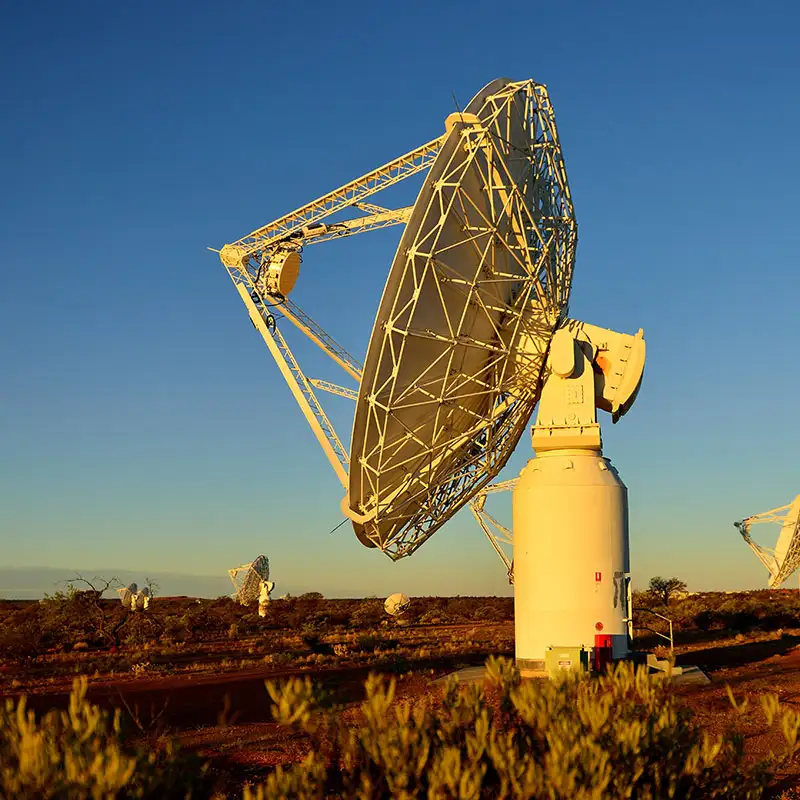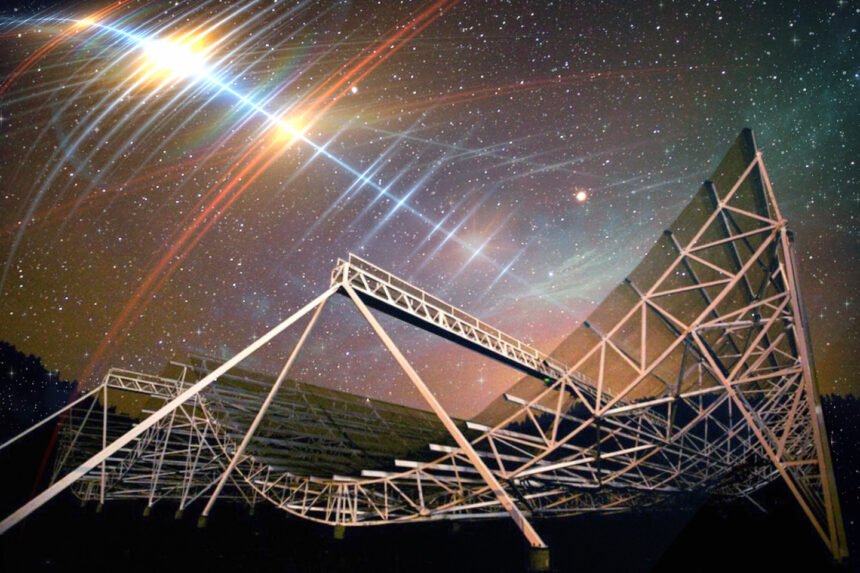According to a report by the Massachusetts Institute of Technology (MIT) News, astronomers have discovered an unusual burst of radio emissions that are similar to heartbeat-like pattern. According to reports, the signal came from a distant galaxy billions of light years from Earth.
FRBs, or fast radio bursts, typically last for a few milliseconds, but in this occasion, the FRB signal was reported to last for almost three seconds, making them significantly longer than usual; the report states that they were longer by about a thousand times.
The signal, designated as FRB 20191221A by MIT researchers, is thought to originate from either a radio pulsar or a magnetar, two different forms of neutron stars that are known to have extremely dense masses in a relatively compact, small core. Even so, it should be highlighted that the signal’s precise source is still unknown.

Reports also highlighted the distinctive radio signal pattern, which resembled the rhythm of a beating heart but repeated every 0.2 seconds instead (the human heart beats once about a frequency of 0.8 seconds).
“It was unusual, Not only was it very long, lasting about three seconds, but there were periodic peaks that were remarkably precise, emitting every fraction of a second — boom, boom, boom — like a heartbeat. This is the first time the signal itself is periodic.”
“There are not many things in the universe that emit strictly periodic signals. Examples that we know of in our own galaxy are radio pulsars and magnetars, which rotate and produce a beamed emission similar to a lighthouse,” according to a press release from Daniele Michilli, a postdoctoral researcher at MIT’s Kavli Institute for Astrophysics and Space Research.
The search is now on for other, comparable signals coming from the source, which could provide greater insight into the nature and origin of the FRB signals.
For more such updates, keep reading Techinnews



